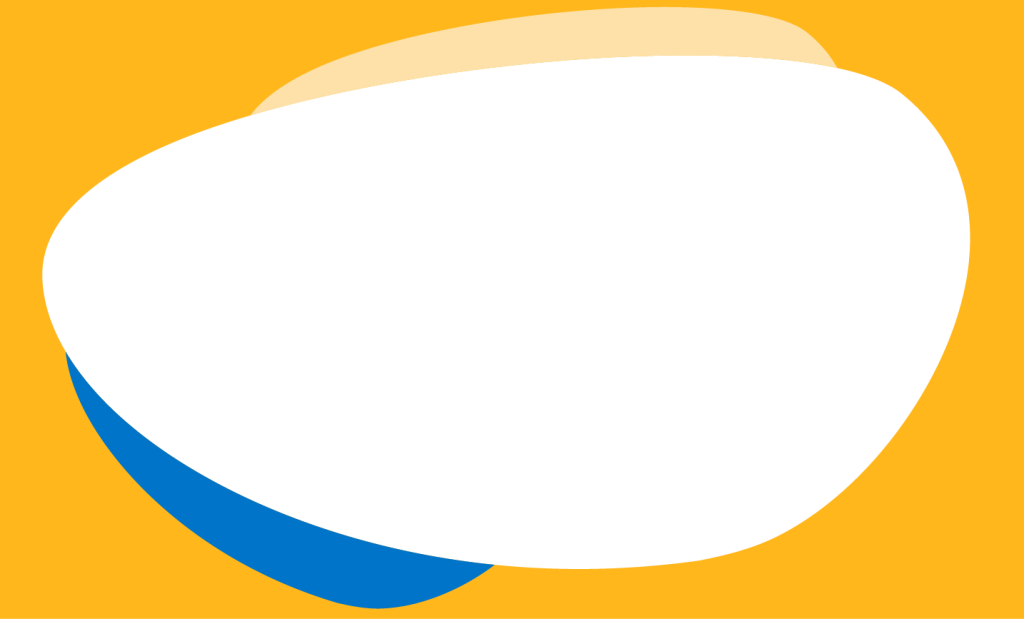
Instructions: Answer all questions up to your child’s current age bracket by answering ‘Yes’ on ‘No’.
Interpretation: If you tick 2 or more boxes with a ‘Yes’ contact Kid Sense Child Development on 1800 KIDSENSE (1800 543 736).
Does your child have difficulty with:
| Age | Skill | Yes | No |
|---|---|---|---|
| 0-2 years | Not applicable. | ||
| 2-3 years | Beginning to understand rhyme. | ||
| 3-4 years | Producing rhyming words. | ||
| 4-5 years | Producing rhyming words. | ||
| Clapping/counting syllables in words (e.g. computer- com-pu-ter). | |||
| Recognising/producing words with the same beginning sound (e.g. cat - cup). | |||
| Segmenting/blending words by onset/rime (e.g. s+un= sun). | |||
| Blending 2 or 3 sounds to make a word (e.g. s_u_n = sun). | |||
| 5-6 years | Clapping/counting syllables in words (e.g. computer- com-pu-ter). | ||
| Recognising/producing words with the same beginning sound (e.g. cat - cup). | |||
| Segmenting/blending words by onset/rime (e.g. s+un= sun). | |||
| Blending 2 or 3 sounds to make a word (e.g. s_u_n = sun). | |||
| Counting sounds in words (e.g. dog- d-o-g: 3 sounds). | |||
| Recognising words that rhyme and determining the odd word out (e.g. cat - hat - big). | |||
| Identifying the first sound in a word (e.g. What's the sound at the start of 'dog'? d). | |||
| Identifying the last sound in a word (e.g. What's the sound at the end of 'dog'? g). | |||
| Identifying the middle sound in a word (e.g. What's the sound in the middle of 'dog'? o). | |||
| Listing words that start with the same sound. | |||
| Telling which of three words is different (e.g. sit, sit, sat). | |||
| Blending 3 - 4 sounds to make a word (e.g. h - a - n - d = hand). | |||
| Segmenting sounds in words that have 3 - 4 sounds (e.g. hand= h - a - n - d: 4 sounds). | |||
| 6-7 years | Identifying the first sound in a word (e.g. What's the sound at the start of 'dog'? d). | ||
| Identifying the last sound in a word (e.g. What's the sound at the end of 'dog'? g). | |||
| Identifying the middle sound in a word (e.g. What's the sound in the middle of 'dog'? o). | |||
| Listing words that start with the same sound. | |||
| Telling which of three words is different (e.g. sit, sit, sat). | |||
| Blending 4 - 5 sounds to make a word (e.g. s - t - r - ee - t = street). | |||
| Segmenting sounds in words that have 4 - 5 sounds (e.g. street= s - t - r - ee - t: 5 sounds). | |||
| Deleting syllables from words (e.g. Say 'cupcake'. Take away 'cup' and what is left? cake). | |||
| Deleting sounds from words (e.g. Say feet. Take away the 'f' sound from 'feet'? eat). | |||
| Substituting sounds in words (e.g. Say hat. Change the 'h' to a 'c' - cat). | |||
| 7-8 years | Deleting sounds from words (e.g. Say feet. Take away the 'f' sound from 'feet'? eat). | ||
| Substituting sounds in words (e.g. Say hat. Change the 'h' to a 'c' - cat). | |||
| Spelling words phonetically | |||
| Blending 4 - 5 sounds to make a word (e.g. s - t - r - ee - t = street). | |||
| Segmenting sounds in words that have 4 - 5 sounds (e.g. street= s - t - r - ee - t: 5 sounds). | |||
| Writing words that contain more than one syllable (e.g. com-pu-ter). |
This checklist was designed to serve as a functional screening of developmental skills per age group. It does not constitute an assessment nor reflect strictly standardised research.
The information in this checklist was compiled over many years from a variety of sources. This information was then further shaped by years of clinical practice as well as therapeutic consultation with child care, kindergarten and school teachers in South Australia about the developmental skills necessary for children to meet the demands of these educational environments. In more recent years, it has been further modified by the need for children and their teachers to meet the functional Australian Curriculum, Assessment and Reporting Authority (ACARA) requirements that are not always congruent with standardised research.

WE ACKNOWLEDGE THE TRADITIONAL CUSTODIANS OF THE LAND IN WHICH WE OPERATE AND PAY OUR RESPECTS TO ELDERS PAST, PRESENT, AND EMERGING. OUR FAMILY IS FOUNDED ON HOSPITALITY, THE BELIEF THAT EVERYONE IS WELCOME! DIVERSITY, INCLUSION, AND EQUITY ARE CELEBRATED, REPRESENTED, AND SUPPORTED IN OUR PEOPLE, OUR CUSTOMERS, AND OUR COMMUNITIES.